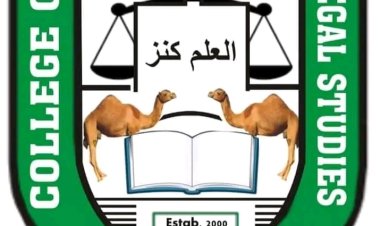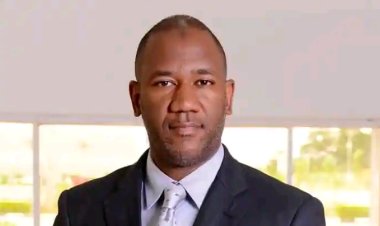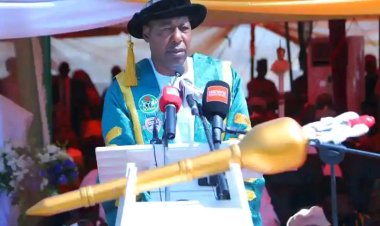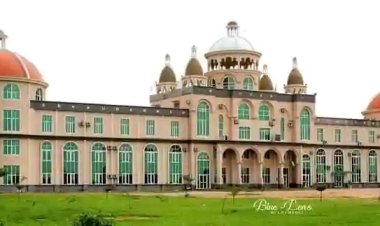MOUAU Workshop Advocates Bio-Organic Agriculture for Enhanced Food Security and Ecosystem Health
MOUAU hosts a workshop promoting bio-organic farming to improve food security, soil fertility, and ecosystem sustainability.
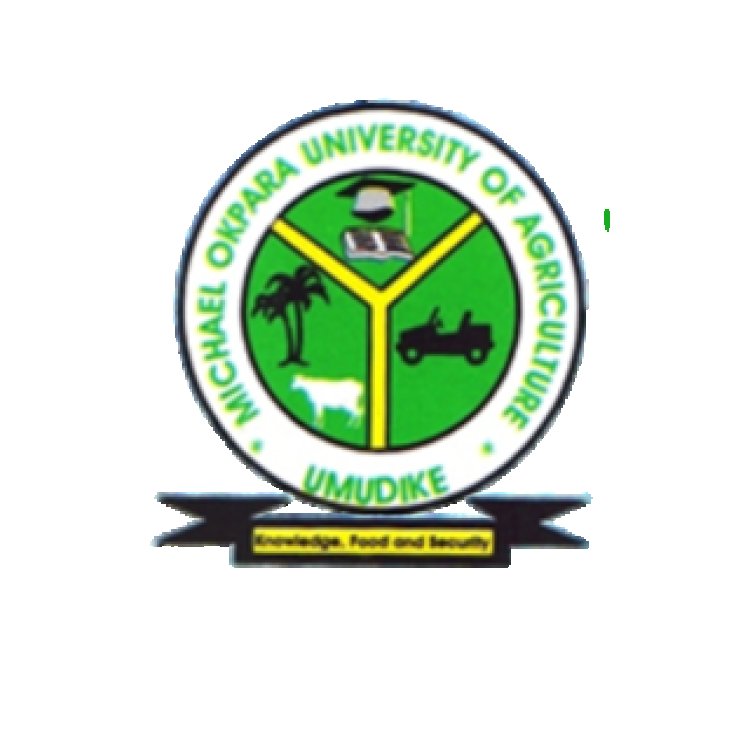
In a groundbreaking workshop, stakeholders gathered at Michael Okpara University of Agriculture, Umudike (MOUAU) to champion the adoption of bio-organic agricultural practices. The event, organized by the College of Natural Resources and Environmental Management (CNREM) in collaboration with Resol Switzerland, was themed "Bio-Organic Agricultural Innovation: A Roadmap to National Food Bio-Security, Ecosystem Restoration, and Economic Stability."
Key Highlights:
1. Promoting Bio-Organic Agriculture: Participants emphasized the need to transition to bio-organic farming to eliminate chemical use, control pests and diseases, and sustain soil fertility. This approach is vital for maintaining healthy conditions for humans, animals, and plants.
FOLLOW: Alex Otti Launches Urgent Rescue Mission for Abducted School Siblings in Abia
2. Addressing Agricultural Challenges: Prof. Maduebibisi Ofo Iwe, Vice-Chancellor of MOUAU, lauded the workshop's focus on addressing food production challenges. Represented by Prof. Udo Herbert, Deputy Vice-Chancellor, Academic, he highlighted the university’s dedication to enhancing food security through innovative research and collaboration.
3. Expert Insights: Keynote speaker Mr. Petrus Jakobus Snyman from Resol Switzerland underscored that bio-organic agriculture is based on maintaining a healthy ecosystem to support plants, livestock, and human health. He detailed how bio-organic practices enhance soil fertility and produce nutritious, flavorful food.
SEE ALSO: Alex Otti Set to Launch Massive School Reconstruction Initiative in Abia
4. Project Advocacy: Dr. Eberechi Cecilia Osuagwu, Coordinator of the Bio-Organic Innovation Project, stressed the project's goals of soil restoration, improved harvest quality, and sustainable farming practices. She called for increased research, stakeholder intervention, partnerships, and policy reforms to advance bio-organic agricultural innovations.
5. Political and Institutional Endorsement: Federal lawmakers and representatives from various institutions highlighted the necessity of adopting bio-organic agriculture to address climate change, soil degradation, and biodiversity loss. They urged for policy support and incentives to foster bio-organic research and practice.
6. Collaborative Efforts: The workshop drew participation from academics, farmers, government officials, and religious leaders, all advocating for collaborative efforts and investments in bio-organic agricultural innovations. They emphasized the potential of these practices in ensuring sustainable livelihoods and economic growth.
The CNREM workshop at MOUAU provided a critical platform for dialogue, sharing expertise, and mobilizing support for bio-organic agricultural practices. This initiative is seen as pivotal for enhancing food security, mitigating ecosystem challenges, and promoting economic stability both nationally and globally.

 Mary Nwaeze
Mary Nwaeze 